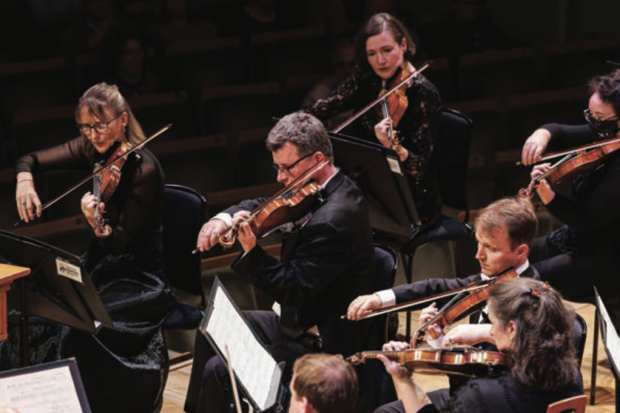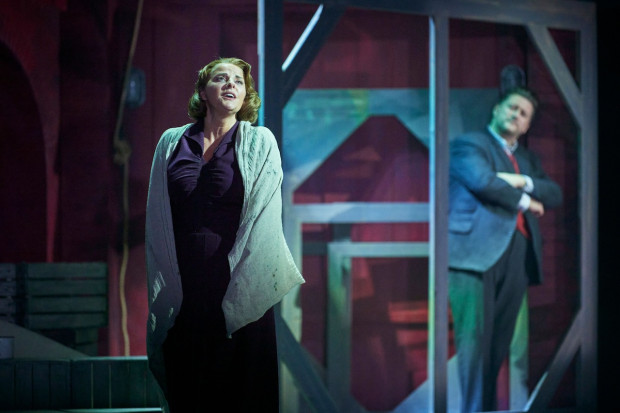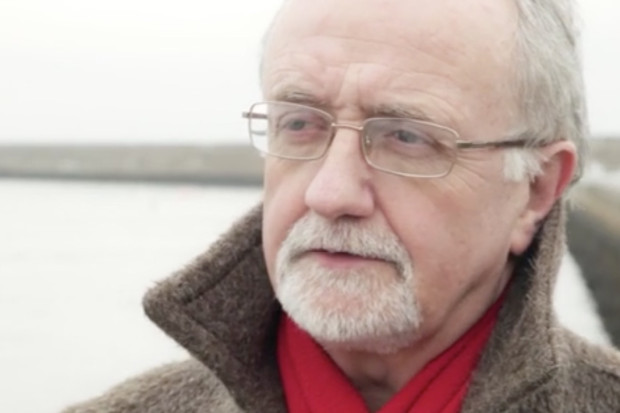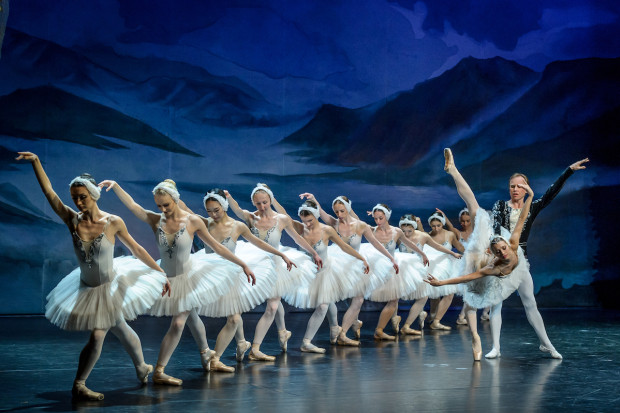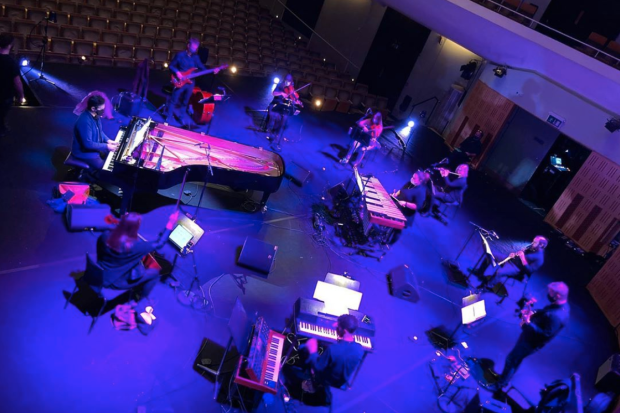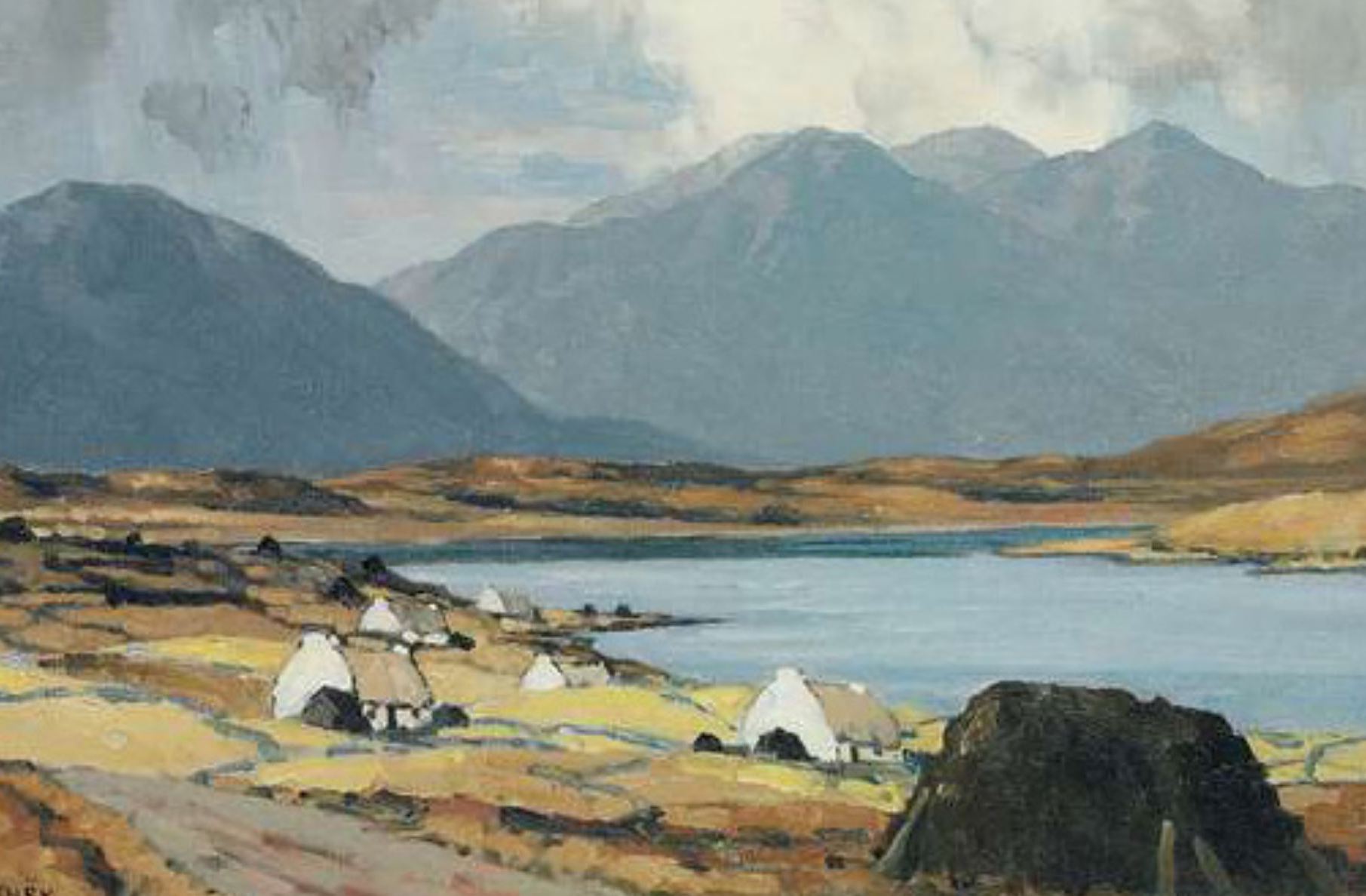
The album artwork for ‘Ina Boyle: Songs’ featuring Paul Henry’s ‘Sunshine in Kerry’
A Glimpse into Her Inner World
This recording of Ina Boyle’s songs is the latest step in the on-going reappraisal of one of Ireland’s most significant composers of the twentieth century. It brings together three well-known Irish singers – mezzo-soprano Paula Murrihy, tenor Robin Tritschler, baritone Ben McAteer – and Scottish pianist Iain Burnside in a recording that covers songs from across her career and represents slightly less than half of her total output in this genre.
While Boyle may have been the first Irish woman to compose in several major genres (ballet, symphony, concerto), her importance lies as much in the quality of her work as in her status as a pioneer. The Glencree Symphony – perhaps her most well known piece – stands out as one of the finest orchestral works by any Irish composer. While scholars have suggested a number of factors that may have restricted what could have been a highly successful career – her gender, the lack of musical infrastructure, her caring duties for her mother and sister – the image of Boyle as a composer working in rural seclusion in the Wicklow countryside against whom fate conspired not to grant success or recognition, does fit a certain Romantic stereotype. Consequently, this invites irresistible speculation as to the emotional personality of this intensely private artist who remained cut off from the outside world for most of her life. Given the domestic nature of the song genre, which tends to prize a certain type of ‘inwardness’, combine it with what we already know about Boyle’s outward character – self-effacing and modest to a fault – and there is more than enough here to convince us that we might, by listening, get a glimpse into her inner world.
Although the range of songs on the CD is wide – from lively folk-infused numbers to the hauntingly reflective – it is to the latter that most listeners will likely be drawn. One of Boyle’s unmistakable talents was an ability to conjure up a particular type of melancholic stillness, one which never quite hits the depths of despair, but yet touches on sadness or longing in a very affecting if slightly distant way. There are several examples of this but the one that stood out for me was her setting of Pádraig Pearse’s ‘A Mountain Woman Asks for Quiet that her Child May Sleep’. The beautifully shaped and rhythmically supple vocal line drifts majestically over the spare piano accompaniment, intensifying the lonely imagery of the text while Murrihy’s soulful rendering of the last line – ‘Stir not tonight till the sun whitens over you’ – is a magical moment.
Another example is her setting of Frances Cornford’s ‘All Souls’ Night’, which begins with the vocal line circling around a fixed pitch in the mezzo-soprano’s lower register as the scene is being set (‘My love came back to me / Under November tree’) but soon ascends into the stratosphere (‘He put his hand upon my shoulder / He did not think me strange or older’) and we get a powerful sense of the woman’s feelings for her dead lover. The attractiveness of Boyle’s melodies lies not so much in their shaping as such – they are generally too long and meandering to stick instantly in the memory – but rather in the way that their undulating course combines with the harmony and piano texture to produce a distinct, overall colour that draws out the emotional qualities of the poem.
Even in her more upbeat and folk-like settings – for all their quirkiness and invention – Boyle can’t quite resist the temptation to change pace suddenly on the appropriate line and dissolve into a more dreamlike state. The last stanza of Walter de la Mare’s rustic ‘The Pigs and the Charcoal-Burner’ seems to melt away at the mention of the night and stars. Likewise, while the folk imitation melody of the first two stanzas of E. L. Twiss’ ‘Himself and his Fiddle’ may be very convincing, it is the latter two stanzas – when the poem hints at the lonely inner-world of the poem’s narrator rather than the jovial fiddler – that Boyle’s elegiac style comes to the fore.
All three singers approach these songs with a deep sense of care and Burnside’s beautifully weighted accompaniments ensure that every ounce of expression is extracted from these settings. For anyone interested in getting a more intimate portrait of Boyle’s musical imagination, this CD is an absolute must.
Ina Boyle: Songs, which includes an essay by Orla Shannon and complete song texts, can be purchased from Delphian Records. Visit www.delphianrecords.com/products/ina-boyle-songs
Published on 22 September 2021
Adrian Smith is Lecturer in Musicology at TU Dublin Conservatoire.












